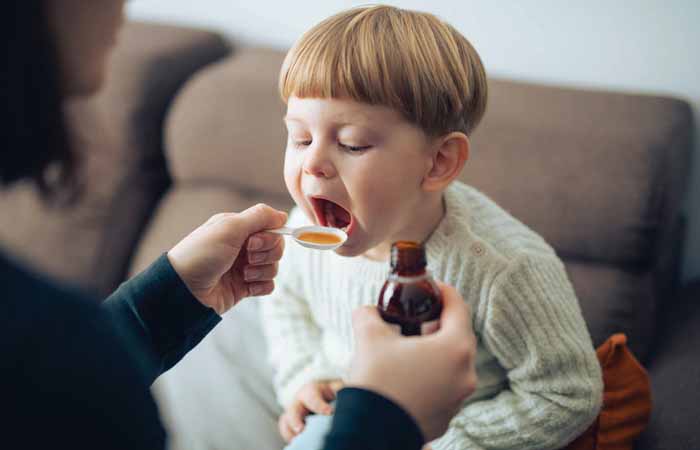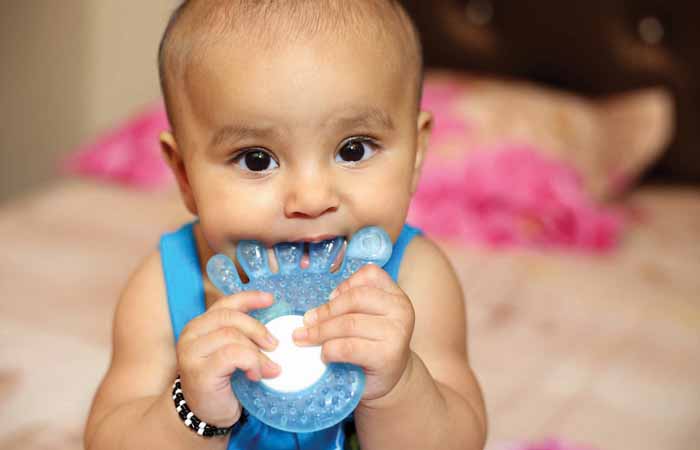Treatment options
Painkillers and products for reducing fever in children who are distressed and unwell include paracetamol or ibuprofen liquid suspensions. These can be given using an oral syringe or a medicine spoon. If the child is not distressed and is otherwise well, treatment is not needed. Aspirin should not be given to children under the age of 16.
Paracetamol suspension can be used by children aged over two months if they weigh more than 4kg and were born after 37 weeks. Example: Calpol. For children over six years of age, melt-in-the-mouth tablets are also available. Example: Calpol SixPlus Fastmelts.
Recommended dosage instructions should always be followed, and parents should be advised to leave four to six hours between doses and not to give more than four doses in 24 hours. Overdosing can be dangerous.
Ibuprofen suspension is available for children aged over three months and weighing at least 5kg. Examples include: Nurofen for Children, Calprofen, Care Ibuprofen for Children Oral Suspension. For children over seven years of age, there are also chewable capsules.
Example: Nurofen for Children Chewable Capsules. The age of the child should be double checked before recommending a suitable product.
Ibuprofen is not usually suitable for children with asthma, and should not be taken by children who have chickenpox. Parents should be advised to leave four to six hours between doses and not exceed three doses in 24 hours.
Advise parents to check pack dosage instructions carefully before use and to check with the pharmacist if they are unsure.
For children under 16 years of age, paracetamol and ibuprofen should not be given at the same time. If one medicine hasn’t worked and the child is still distressed, parents can try the other medicine at the next dose.
Parents should not keep switching between the two medicines unless advised to do so by a pharmacist or GP.
Teething pain may be relieved using oral painkillers as described above and/or teething gels or powders. Examples include: Anbesol, Bonjela Soothing Teething Gel, Teetha Teething Granules. Some products for oral pain, such as Bonjela, contain choline salicylate and should not be used by children under the age of 16.
Additional advice
Colic:
- Sit the baby upright during feeding and burp after feeds to stop them swallowing air
- Gently massage their tummy or give them a warm bath
- Hold the baby through the crying episode
- Distract the baby with gentle white noise (e.g. radio or TV) in the background
- Encourage parents/carers to look after their own wellbeing, such as asking friends and family for support and resting when the baby is asleep.
Teething:
- A chilled teething ring can help to soothe sore gums
- If babies are being weaned, healthy snacks such as raw fruit and vegetables can be given for them to chew on
- Applying petroleum jelly around the mouth and chin can help stop excessive dribbling causing a rash.
Fever:
- Check for rashes and signs of dehydration
- Check on them during the night
- Give fluids regularly
- Give food if they want it.
Infections:
- Give plenty of fluids and make sure the child gets plenty of rest
- A warm drink of lemon and honey (for children over one year) may soothe a cough
- Vapour rubs or saline drops can help to ease nasal congestion
- Cold drinks and ice lollies can help to soothe a sore throat
- A warm towel held against an infected ear may offer some relief
- Everyone in the family should wash their hands regularly to prevent the spread of colds, flu and Covid-19.


